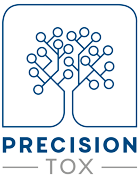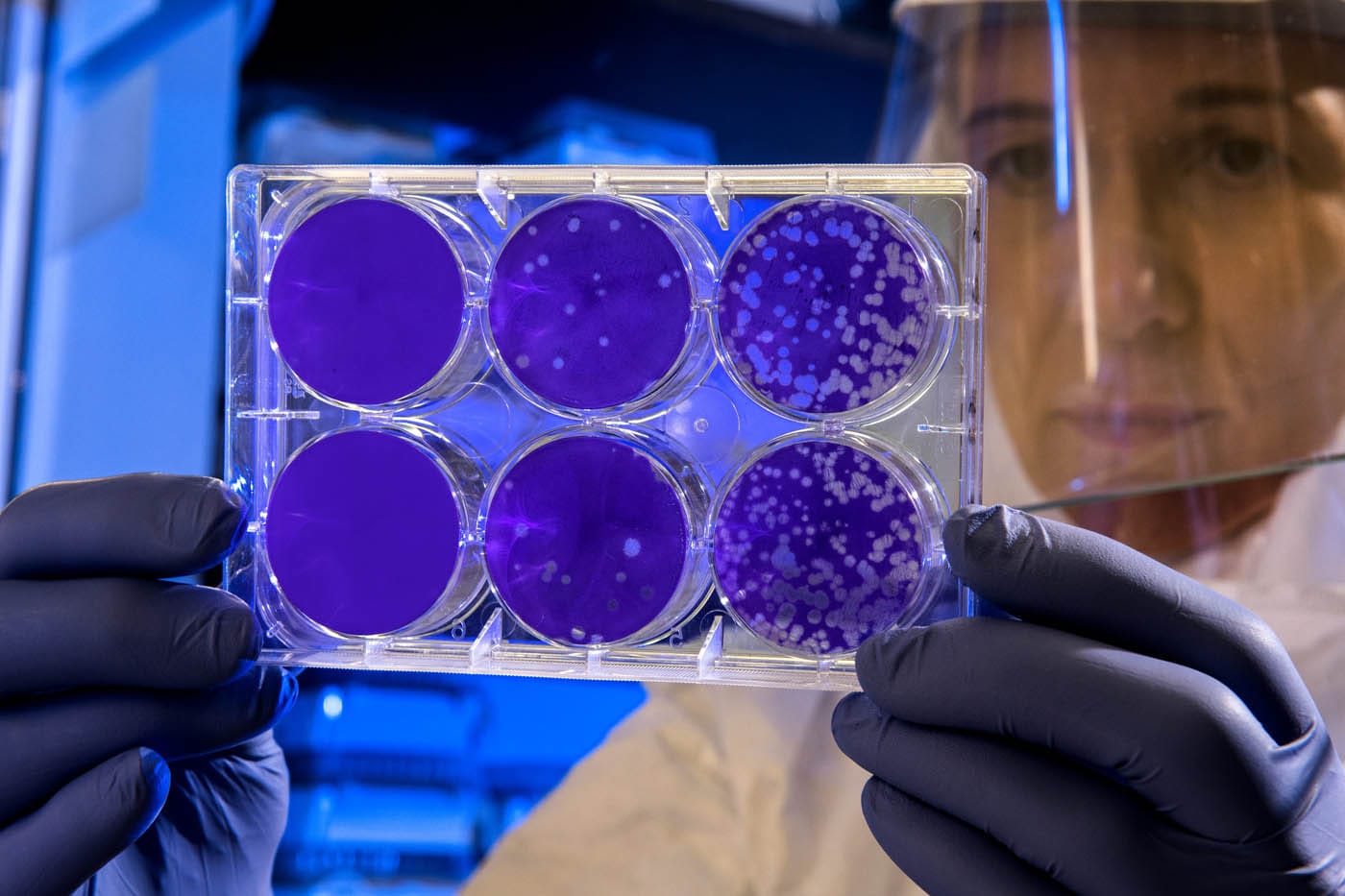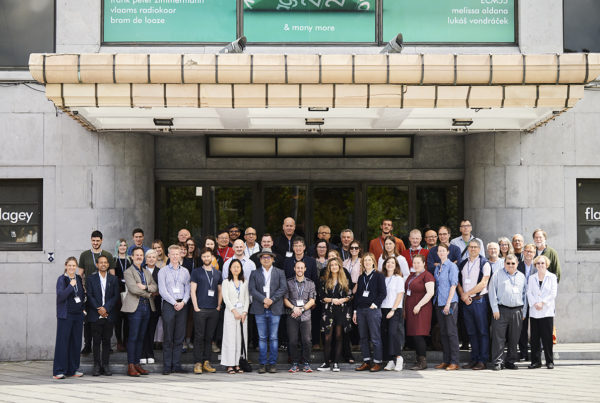voxeurop.eu
The development of alternatives to animal testing is not only an ethical and moral need, but it is also a necessary step to effectively address pollution – the largest environmental cause of disease and death worldwide
Footage capturing unacceptable cruelty and abuse on animals in a Spanish testing facility has recently made headlines and prompted many reactions. The 24th of April is celebrated as the World Day of Animals in Laboratories. Its objective is to promote alternatives to animal testing that are currently revolutionising toxicology, a domain of research where the European Union (EU) has significantly increased funding to advance chemical safety assessment.
Around 10 million animals – mainly rodents, but also primates, cats and dogs – are used every year in scientific experimentation within the EU. Countless mammalians are killed globally to test diverse substances. Laboratory animals are protected under Directive 2010/63/EU, which imposes high requirements on animal welfare standards. It spells out the Replacement, Reduction and Refinement principles (3Rs) and requires applying alternative solutions – or New Approach Methodologies (NAMs) – when they exist. (…)






